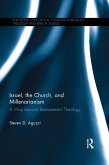
eBook, PDF
28. Juli 2017
Taylor & Francis eBooks
| Broschiertes Buch | 62,99 € | |
| eBook, ePUB | 43,95 € |
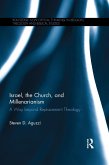
Gebundenes Buch
A Way beyond Replacement Theology
27. Juli 2017
Routledge
Ähnliche Artikel
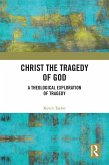
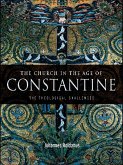
eBook, PDF
12. September 2006
Taylor & Francis eBooks



eBook, PDF
18. November 2021
Taylor & Francis eBooks

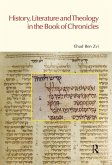
eBook, PDF
5. Dezember 2014
Taylor & Francis eBooks
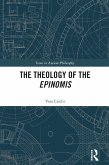
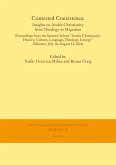
eBook, PDF
28. Oktober 2020
Harrassowitz Verlag
Ähnlichkeitssuche: Fact®Finder von OMIKRON
